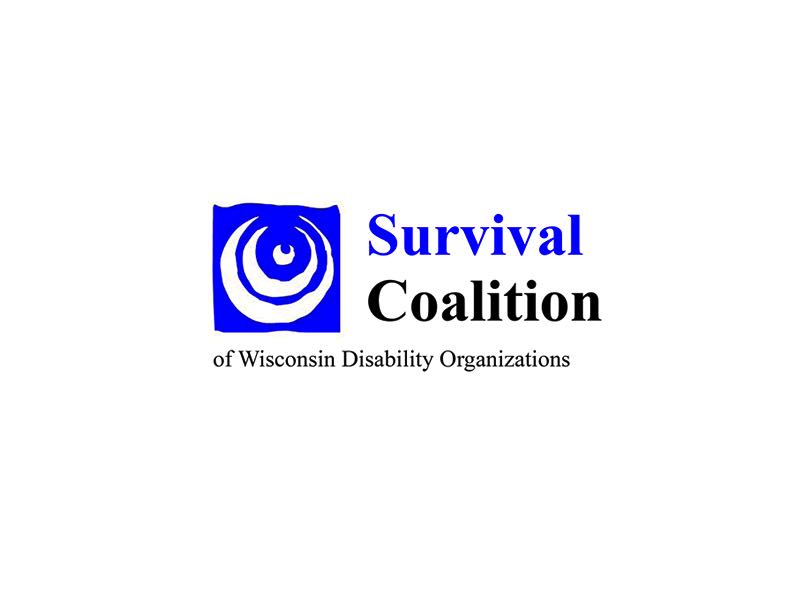
COVID-19 straining the direct care workforce crisis, survey finds

COVID-19 is adding to the direct care workforce crisis, as people with disabilities and older adults struggle to fill gaps in caregiving, according to a new survey by the Survival Coalition.
More than 85,000 Wisconsinites rely on personal care, home health and other services to help them stay in their homes, said Lisa Pugh, coalition co-chair.
She said during a Thursday press conference that the long-term services and support system is being strained.
Kristi Scheunemann of Watertown uses a wheelchair and has respiratory issues. She needs daily personal care from providers who can’t access personal protective equipment. Her caregivers are in short supply, don’t have much personal protective equipment and often work with other clients.
“My biggest issue is the self-isolation,” she said. “I’ve gone from having three different jobs to doing nothing. The only people I see are my caregivers and my mom. So it gets really lonely.”
The coalition surveyed almost 500 people with disabilities and older adults across the state. All respondents said they are experiencing disruptions and reduction in supports and services needed to stay healthy or allow family members to work.
That includes losing personal care or home healthcare, transportation to essential businesses and medical appointments, prescription drugs and medical supplies and needed therapies to remain more independent.
Stacy Ellingen of Oshkosh has had to move back in with her family in Fond du Lac after losing all her care workers. Most of her workers were students she hired from the University of Wisconsin-Oshkosh, which shifted away from in-person instruction due to the pandemic.
Ellingen, who needs help with showering, dressing and eating, is worried about obtaining personal protective equipment for caregivers when she returns to her apartment.
“It’s a huge struggle to find and keep people under normal circumstances, but now I’m worried it’s going to be even harder for me to find and keep workers because they won’t feel safe and protected,” she said.
Jason Endres of Eau Claire said he and his wife, who both use wheelchairs, have struggled to find help since Gov. Tony Evers implemented the state’s safer-at-home order.
“We have not had any support or care to help us clean our home,” he said. “We are trying out best, but it is difficult. We can’t get any personal care to help with showering and help us get dressed.”
Endres said they could be in a “world of hurt” if the pandemic lasts much longer. He asked elected officials to provide proper personal protective equipment to help protect their workers.
Those responding to the survey were also concerned about being unable to get help in case of a medical emergency or losing needed routine care.
Thirty-seven percent reported that families are providing some or all daily personal care support instead of normal paid staff. Forty percent worried that if hospitalized, they may not meet hospital triage criteria and not get a ventilator due to age or disability.
The coalition noted that those responding to the survey are among the most connected members of the disability and older adult community, with internet access, email or social media.
Beth Swedeen, coalition co-chair, said they’re also hearing from providers that without additional state or federal funding they are in jeopardy of losing their workforce permanently or having to close.
Wisconsin Health News is removing the password on all stories related to the coronavirus. For the latest developments follow us on Twitter at @wihealthnews or check out our website. For complete healthcare coverage, sign up for a free trial to our daily email newsletter.





